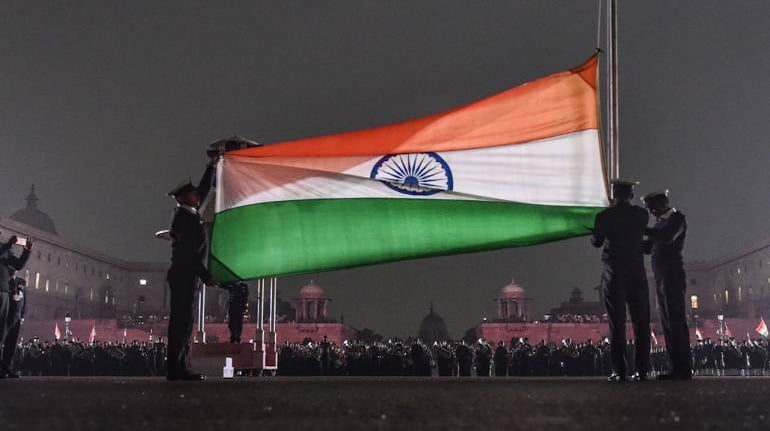



Here’s a thought experiment: Suppose the government were to buy up all the private land in a city, or a state. Why, even the whole country. Of course, compensation under the extant laws would be paid. However, with all the private land now in the hands of the government, a person would have nowhere to build a house, or spend their money. What if, instead, the government compulsorily bought over a large portion of the land (say, 60 percent), making the remaining land prohibitively dear?
The reason why such scenarios (or pretty much any ‘reform’ which aggrieves a large majority of the local population) are far-fetched is not that it is impossible, but that in a democracy, the government is invested in the contentment of the local population, whose vote it needs to succeed in the next election. After all, the foundation of democracy rests on people choosing a government that will govern in accordance with the people’s wishes.
However, what if the government is not so invested? The experience of several Union Territories over the last few years — Jammu and Kashmir, Puducherry, Lakshadweep; and the National Capital Territory of Delhi — show us what happens when real power is with unelected power-centres.
First, some history: Union Territories came about because the States Reorganisation Commission of 1956 recommended that some territories, being thinly populated, should be governed by the Centre, as they could not be expected to marshal enough resources to fend for themselves, both economically, as well as administratively. Article 239 in the Constitution provided that every UT shall be governed by the President, acting through an administrator appointed by him.
Currently the population of tiny Lakshadweep is about 65,000, while Andaman & Nicobar Islands has a little over 400,000, and Puducherry has over 800,000. In comparison, our smallest state, Goa, has about 3.5 million in population. Over the decades, however, Himachal Pradesh and much of the Northeast got converted into full-fledged states, while Puducherry was given an elected legislature and government through Article 239A.
In 1991, Delhi became a quasi-state through the introduction of Article 239AA in the Constitution. This provided that Delhi would have both an elected legislature and a government; but three subjects — public order, police, and land — will continue to be governed by the central government. Earlier this year, the central government practically took away all power from the twice elected government (with overwhelming majorities both times), perhaps in direct violation of the Supreme Court’s judgment.
***The changes proposed in Lakshadweep are baffling only in that it is so in-your-face. A land acquisition law in a territory where land is already scarce, an animal slaughter law in a predominantly non-vegetarian community, a law to detain people without due process for an entire year (a provision even more draconian than those in the National Security Act), in a land where crime has been negligible.
One can quibble over whether these ‘reforms’ have anything to do with the fact that Lakshadweep is predominantly Muslim, but the fact is that these reforms simply would not have happened in Tamil Nadu or Rajasthan or Assam — simply because an elected government needs to return to its constituents every five years.
Lakshadweep might be a Union Territory, but the rights of each of its resident-citizen ought not to be any less than the rights of a citizen residing in a full-fledged state, say Maharashtra or Odisha.
***
The changes brought in at Jammu & Kashmir are even more egregious. Political analysts may wax eloquent about how the changes — such as who can purchase or own land — are just the fulfilment of an ideological commitment. However, we cannot negate the right of Kashmiris to determine the rules that apply to them without negating the same for a resident of Bihar or Haryana.
J&K was demoted to a Union Territory under Article 239A (like Puducherry) — which means it would still have an elected legislature. But the changes in Kashmir were brought in the void created by the very fact that the legislature was dissolved. Imagine a sweeping land reform was brought in when Bihar was under President’s Rule, for instance. It is difficult to imagine, because it simply will not happen. The major political parties are all invested in the politics of the ‘mainland’.
To rationalise these events through the prism of ‘politicians will be politicians’ is dangerous. To silently acquiesce to such power-grabbing is essentially handing over a weapon to the ruling party at the Centre, irrespective of ideology, to hold a state/territory to ransom. It is becoming an alarming, but not uncommon, pattern now.
Discover the latest Business News, Sensex, and Nifty updates. Obtain Personal Finance insights, tax queries, and expert opinions on Moneycontrol or download the Moneycontrol App to stay updated!
Find the best of Al News in one place, specially curated for you every weekend.
Stay on top of the latest tech trends and biggest startup news.